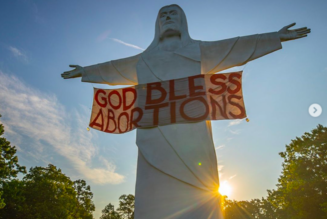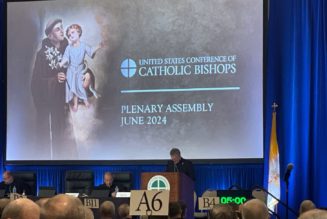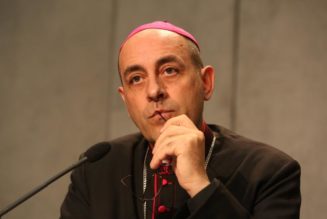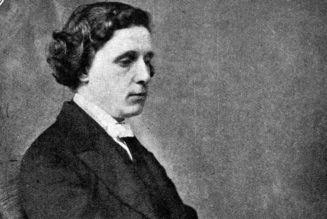By Phil Lawler ( bio – articles – email ) | Oct 17, 2024
Blame the Russians. Blame the Americans. Blame the Muslims.
In a lengthy essay featured by the Vatican newspaper L’Osservatore Romano Father (soon to be Cardinal) Timothy Radcliffe strives mightily to understand why so many African bishops resist accepting homosexuality. He has a few theories:
African bishops are under intense pressure from Evangelicals, with American money; from Russian Orthodox, with Russian money; and from Muslims, with money from the rich Gulf countries.
In this characteristically quirky essay, Father Radcliffe repeatedly cites the leadership of Pope Francis, who wants the Church to accept everyone: “Todos, todos, todos.” But he does not pay attention to the Pope’s oft-expressed concern that the people of Africa are subject to “ideological colonization.” Or does he?
Father Radcliffe would have us believe that the external pressure on Africans culture reflects the financial clout of American Evangelicals and Russian Orthodox. But the missionary efforts of those small groups is miniscule in comparison with the enormous sums that have been poured into Africa by the European Union and the Obama and Biden administrations, whose foreign-aid programs are designed to promote the gay agenda. And is Father Radcliffe asking us to believe that the financial power of the Russian Orthodox Church—in Africa, not a hotbed of Orthodoxy—can rival the influence of Planned Parenthood?
Yes, there is a strong Muslim influence weighing against homosexuality in Africa. But Father Radcliffe neglects the powerful influence of another religious tradition: Christianity. As is his custom, in his plea for acceptance, he fails to make a distinction between a homosexual orientation, which is not sinful (although it is disordered), and homosexual acts, which the Christian moral law condemns.
So there is no argument against homosexual actions in the Radcliffe essay; his focus is entirely on welcoming homosexuals. And again, since he ignores the distinction between orientation and acts, he suggests that African prelates are reluctant to welcome homosexuals into the Church: an unjustified and uncharitable charge.
“Is the refusal to bless gays in Africa an example of inculturation or a refusal to be a nonconformist?” Father Radcliffe asks rhetorically. “Inculturation for one person is another person’s rejection of the nonconformist Gospel.” Or, just possibly, in this case “inculturation”—that is, the application of local culture to faith—forms a perfect match: traditional African culture rejects homosexuality, and so does Christian faith.
Father Radcliffe is critical of the African bishops who rejected Fiducia Supplicans. But he tempers that criticism by adopting a pose of self-examination, saying that perhaps the West was too facile in its confidence that after the fall of the Berlin Wall, the whole world would adopt our culture:
Every nation was destined to ‘evolve’ towards our way of life. If some countries, especially in the South, did not agree with us, for example, on welcoming gay people, sooner or later they would have to adapt. We were wrong. We are entering a multipolar world.
Perhaps. Or perhaps we are entering a different sort of conflict in the world: a conflict between the morally decadent West, which promotes a hedonistic culture, and a resurgent Africa, where Christian leaders are unapologetic about their faith and—not coincidentally—Christian influence is growing.
Implicit in the Radcliffe essay is the idea that the West must gently persuade the African Catholic leadership to follow the current Vatican line, since that is the wave of the future. But oddly enough, in the course of his argument, Father Radcliffe offers a very different perspective from his own on the future, by quoting a leading spokesman for the African Church:
But in some parts of the world, welcoming gays is seen as scandalous. Many Catholic bishops in Africa see it as an attempt to impose a decadent Western ideology on the rest of the world. Cardinal Fridolin Ambongo of Kinshasa, president of the organization that represents all the Catholic bishops of Africa, sees it as the symptom of a decadent Western culture. A few weeks ago he declared: “Little by little, they [Westerners] will disappear. We wish them a happy disappearance.”
Sound Off! CatholicCulture.org supporters weigh in.
All comments are moderated. To lighten our editing burden, only current donors are allowed to Sound Off. If you are a current donor, log in to see the comment form; otherwise please support our work, and Sound Off!











